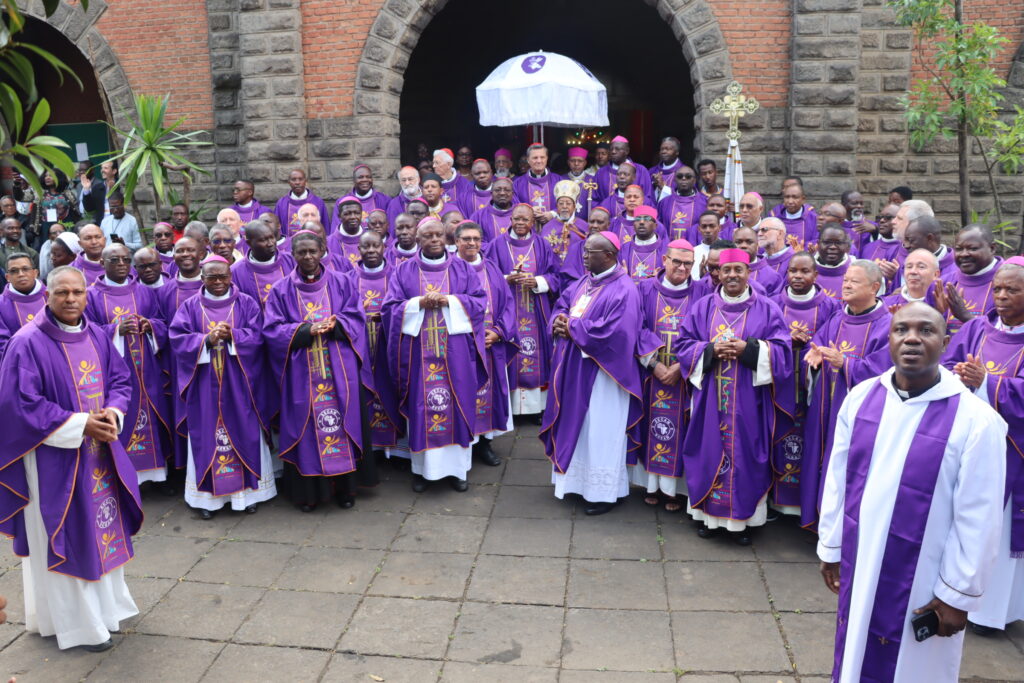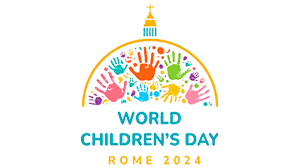VATICAN: As Continental Stage of Synod Comes to an End, Church Calls for Continued Dialogue with the People of God

Sr. Jecinter Antoinette Okoth, FSSA
At the closure of the continental stage of synod on synodality, the Church has clarified that the end of the stage does not mark the end of dialogue with the people of God but the conversation should continue.
In a statement from the General Secretariat of the Synod of Bishops in Rome, the office says, “Conclusion of the consultation does not mean the end of the synodal process within the People of God; nor does it mean the interruption of the dialogue between the Universal Church and the Particular Church.”
Rather, the message continues, “it means leaving the local communities with the challenge of putting those “synodal reforms” into practice in the daily routine of their ecclesial action, in the knowledge that much of what has been discussed and identified so far at the local level does not require the discernment of the universal Church nor the intervention of the Magisterium of Peter.”
The second stage of the synodal process which officially closed on Friday, March 31, was a time to listen, dialogue and discern among the Churches at continental level after the diocesan and national phase as the people of God reflected on a similar question, “How is our ‘walking together’ which enables the Church to proclaim the Gospel in accord with the mission entrusted to her, being achieved today at the different levels?
According to the Secretariat, the seven continents across the globe had their assemblies from the month of February to the end of March, with representatives of the People of God including the bishops, priests, the Religious and laity.
The ecclesial assemblies aimed to formulate open questions more accurately, and to better substantiate and flesh out the insights coming from the local Churches from continental perspective. At the same time, this second stage was to respond to the three questions contained in the Document for the Continental Stage (DCS) No. 106.
The stage was not to suggest answers or decide on courses of action but to “assist the reflection on what has emerged from the consultation of the People of God in the local Churches around the world and also give an opportunity of listening to realities on the margins of the Church not integrated in the previous stage.”
The seven continental documents from the second stage, “will form the basis of the Instrumentum Laboris, the working document for the first session of the XVI Ordinary General Assembly of the Synod of Bishops.”
Members of the Vatican’s General secretariat of the synod of bishops acknowledged that the continental stage has been “a graced time for the Church.”
“In addition to emphasizing the great desire for renewal by walking together in unity with Christ, the continental process revealed deep joy and the love of so many faithful for their Church, the People of God, despite its shortcomings and weaknesses as well as the importance of listening as a tool and permanent dynamic of ecclesial life, “ reads part of the statement as it continues, “These assemblies also confirmed the decision to opt for the method of “spiritual conversation” to foster true listening and community discernment in order to reach ecclesial consensus.”
They further appreciated the seriousness and enthusiasm expressed by all assemblies saying, “The Continental Stage led to a greater awareness of the importance of walking together in the Church as a communion of communities, strengthening the dialogue between Particular Churches and the Universal Church.”


